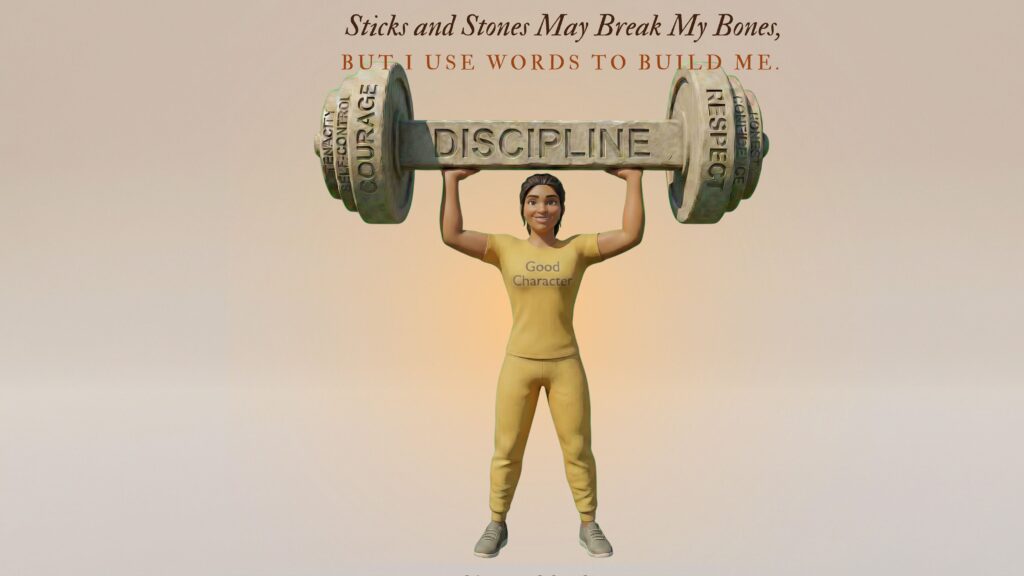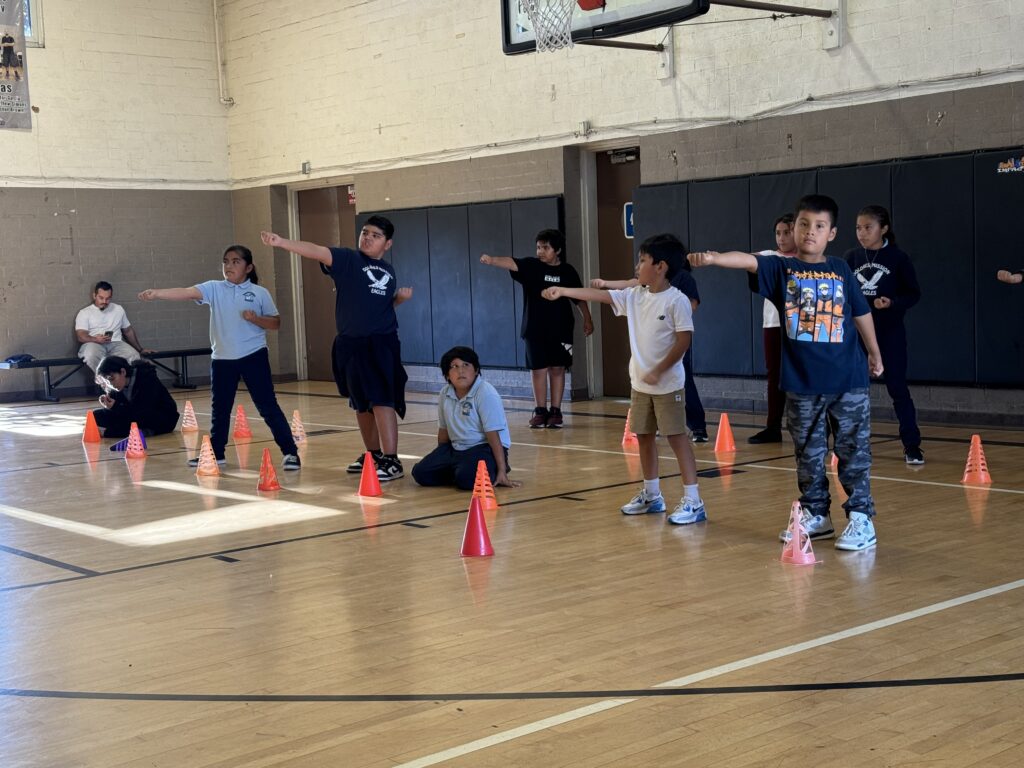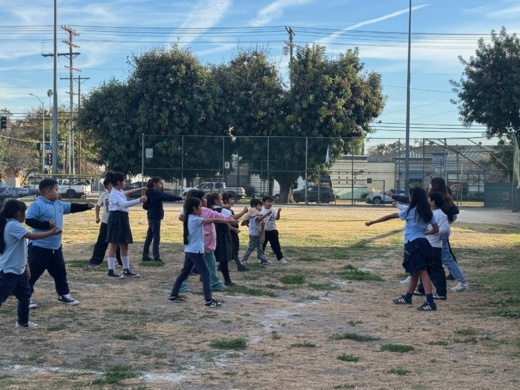 In the preceding blogs where we explored the symbiotic relationship between martial arts and mental well-being, we unraveled many interwoven connections. Between disciplined practice and emotional resilience, and from stress management to building confidence/self-esteem, the philosophy found within martial arts has proven to be a transformative force in the journey of self-discovery.
In the preceding blogs where we explored the symbiotic relationship between martial arts and mental well-being, we unraveled many interwoven connections. Between disciplined practice and emotional resilience, and from stress management to building confidence/self-esteem, the philosophy found within martial arts has proven to be a transformative force in the journey of self-discovery.
Now, as we stand on the threshold of the final piece to our series, the question that beckons is: How do we carry the wisdom gained within martial arts philosophy into our daily lives? The answer lies not just in the physical realm with daily practice and dedication, but in the cultivation of a mindset—a mindset that extends beyond martial arts, where it becomes a guiding force in navigating the complexities of our everyday lives.
As we revisit the important lessons of discipline, focus, emotional resilience, stress management, and confidence building, we’re going to dive into how these invaluable tools can be integrated into the fabric of your daily life. Through our exploration, we have discovered that martial arts offer practical tools for facing challenges, enhancing well-being, and embracing a harmonious balance between mind and body. Now, the challenge is learning to maintain this balance in everyday situations and implement the most effective method to carry it into the future.
The Martial Arts Mindset
“Evidence of the effectiveness of martial arts in producing affective, cognitive, and behavioral benefits has come from a number of studies. Improvements in self-esteem, a more positive response to physical challenge, greater autonomy, emotional stability and assertiveness, and reductions in anxiety and depression have all been associated with martial arts training.”
Mccafferty, 2024
Through our last two parts of this series discussing the benefits of martial arts for mental health, we have covered much of this. We know that consistent, dedicated practice results in the cultivation of discipline and focus, for example. Through that discipline and focus, many students reap the benefits of learning how to set/achieve goals, an invaluable component of independence, self-assurance, and leadership.
As adults, we fully comprehend the importance of discipline and focus. We know that functioning in a career, raising a family, and even maintaining personal relationships requires some degree of discipline and focus. Without some sort of purposeful organization, things can quickly spiral out of control.
Martial arts, by nature, are assembled in a very intricate and purposeful way. As a student progresses through the curriculum, each new movement builds upon the mastery of the last. It is impossible to skip through material and suddenly become a black belt.
 This purposeful organization and incremental progress breed a mindset: a thought process where participants not only comprehend but appreciate the journey of moving towards a goal piece by piece. What may have been repetitive practice becomes an opportunity for precision, where skills are honed and perfected. On the flip side, when challenges are encountered, this mindset provides an assurance that each hurdle becomes a brick in the immovable foundation of mental resilience and adaptability.
This purposeful organization and incremental progress breed a mindset: a thought process where participants not only comprehend but appreciate the journey of moving towards a goal piece by piece. What may have been repetitive practice becomes an opportunity for precision, where skills are honed and perfected. On the flip side, when challenges are encountered, this mindset provides an assurance that each hurdle becomes a brick in the immovable foundation of mental resilience and adaptability.
In a society filled with the expectation of immediate gratification, this is a valuable mindset to possess. We have become accustomed to seeking remedies that provide instant results rather than promoting the process of challenging work through discipline and sacrifice. More often than not, the journey entangled with both hardship and sacrifice is what prompts the opportunity to truly revel in the satisfaction of a successful job well done.
“Learning to effectively lead yourself and others all comes down to discipline. Happiness, success, and fulfillment stem from focus and self-control. It may be hard to believe when you’re facing an all-you-can-eat buffet, the prospect of making a quick buck, or the lazy lure of sleeping in versus getting on the Peloton, but studies show that people with self-discipline are happier. Why? Because…
with discipline and self-control we actually accomplish more of the goals we truly care about. Self-discipline is the bridge between goals defined and goals accomplished.”
Gleeson, 2020
Incorporating the Martial Arts Mindset
Nurturing a martial arts mindset can equip us with a powerful toolkit, a set of principles that extends far into our personal environment. As we step into this final segment, the focus shifts from the practice of martial arts to the canvas of everyday existence. How do we take the lessons learned on the mat and integrate them into our routines, relationships, and aspirations?
The following practices are not mere suggestions; they are invitations to transform the way we approach challenges, goals, setbacks, and even moments of tranquility during stressful situations. The ability to apply discipline, focus, adaptability, and mental resilience in our everyday life is just as important as the concepts themselves.
- Set Clear and Incremental Goals: Just as in martial arts where progress is made step by step, setting clear and incremental goals in daily life promotes a sense of direction and achievement.
Break down larger objectives into smaller, manageable tasks. Celebrate small victories, recognizing that each accomplishment is a crucial step toward the goal. This approach fosters motivation and perseverance and reminds you that each part of your journey is vital to the grand result.
Check out our blog on setting SMART Goals!
- Practice Mindful Focus in Tasks: The ability to focus on the present moment is a core aspect of martial arts training. In daily life, mindful focus enhances productivity and quality of work.
When engaging in tasks, minimize distractions and give full attention to the task at hand. Practice being fully present, as this not only improves the quality of work but also reduces stress and enhances overall well-being.
- Embrace Adaptability/Resilience in Challenges: Martial arts teaches adaptability in the face of opponents with varying styles. Similarly, embracing adaptability in daily life helps navigate unforeseen challenges with resilience and composure.
When confronted with unexpected obstacles, approach them with an open mind. Be willing to adjust strategies and perspectives, viewing challenges not as roadblocks but as opportunities for growth and learning.
- Maintain a Balanced Lifestyle: Martial artists understand the importance of balance in physical and mental training. In daily life, a balanced lifestyle promotes overall health, happiness, and sustained energy.
 This may be the most crucial point of them all. Prioritize self-care, including adequate sleep, regular exercise, and healthy nutrition…because you cannot pour from an empty cup. Find time for activities that bring joy and relaxation. A balanced lifestyle enhances physical and mental resilience, enabling individuals to face daily challenges with vitality and positivity.
This may be the most crucial point of them all. Prioritize self-care, including adequate sleep, regular exercise, and healthy nutrition…because you cannot pour from an empty cup. Find time for activities that bring joy and relaxation. A balanced lifestyle enhances physical and mental resilience, enabling individuals to face daily challenges with vitality and positivity.
Incorporating the principles of the martial arts mindset into your daily routine not only enhances self-confidence and self-assurance but also streamlines things that often lead to heightened stress and frustration if they’re not managed. Although each day may dawn with a degree of uncertainty, the realization that we have control over our responses and possess the ability to adapt diminishes the once suffocating nature of the unknown.
The integration of the martial arts mindset into our routines becomes more than a choice—it becomes a lifestyle. Setting incremental goals, practicing mindful focus, embracing adaptability, cultivating mental resilience, and maintaining balance are not just principles; they are practical tools for navigating life’s complexities with grace and purpose.
We have discovered during this blog series on martial arts for mental health that it is not only a physical discipline but a comprehensive approach to mental well-being. Our training is not simply an opportunity to build agility or strength, but it is also a laboratory for the alchemy of the mind and body where we can fine tune the formula that works best for us.
References
Gleeson, B. (2020). 9 Powerful Ways to Cultivate Extreme Self-Discipline. Forbes. Retrieved from https://www.forbes.com/sites/brentgleeson/2020/08/25/8-powerful-ways-to-cultivate-extreme-self-discipline/?sh=d68574d182d6
Mccafferty, G. (2024). Psychological Benefits of Martial Arts Training. Believe Perform. Retrieved from https://members.believeperform.com/psychological-benefits-of-martial-arts-training/






